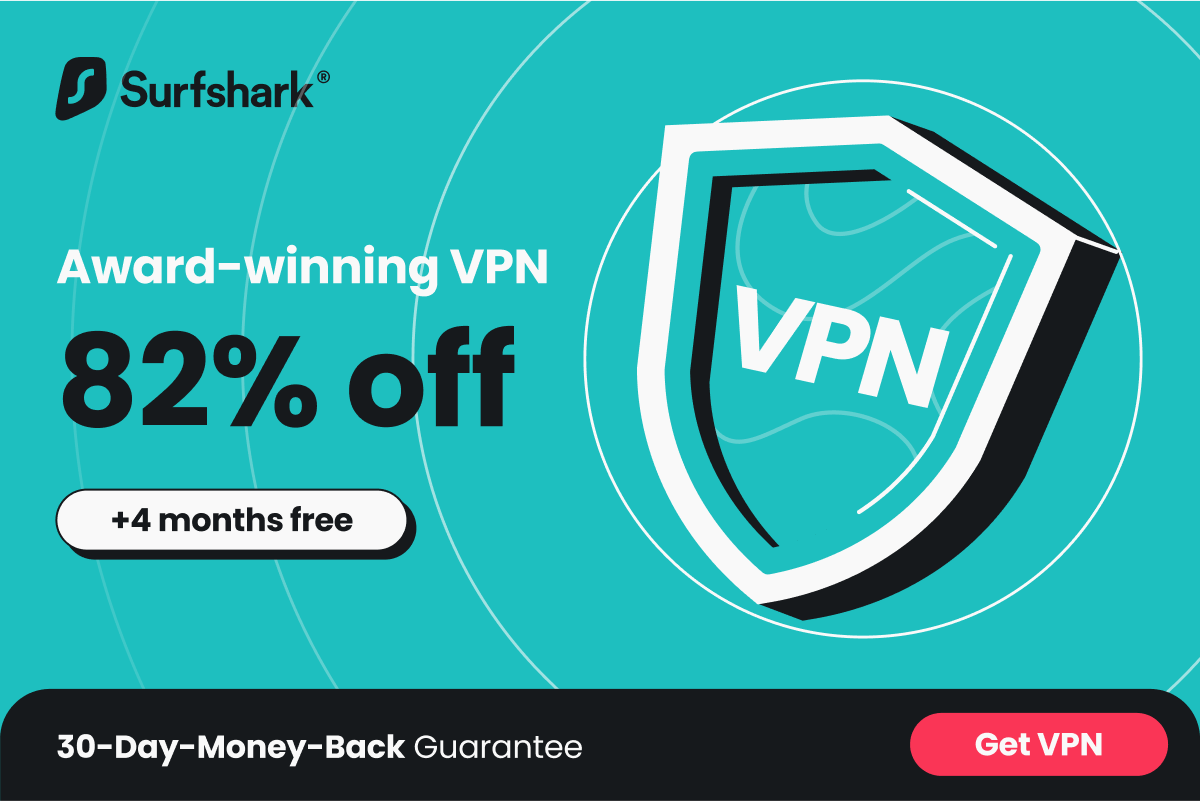VPN explained in seconds
A VPN (virtual private network) is the easiest and most effective way for people to protect their internet traffic and keep their identities private online. As you connect to a secure VPN server, your internet traffic goes through an encrypted tunnel that nobody can see into, including hackers, governments, and your internet service provider.
Benefits and advantages of VPN
Using a VPN changes your IP address, the unique number that identifies you and your location in the world. With a new IP address, you can browse the internet as if you were in the UK, Germany, Canada, Japan, or virtually any country, if the VPN service has servers there.
Protect your privacy
Changing your IP address with a VPN helps shield your identity from websites, apps, and services that want to track you. Good VPNs also prevent your internet provider, mobile carrier, and anyone else who may be listening from seeing your activity, thanks to a layer of strong encryption.
Increase your security
Using a VPN protects you from security breaches in many forms, including packet sniffing, rogue Wi-Fi networks, and man-in-the-middle attacks. Travelers, remote workers, and all kinds of on-the-go individuals use a VPN whenever they’re on an untrusted network like free public Wi-Fi.
Unblock websites
If you’re in a part of the world that restricts access to Google, Wikipedia, YouTube, or other sites and services, using a VPN will let you regain access to the free internet. You can also use a VPN to break through firewalls on school or office networks.
When should I use a VPN?
If privacy is important to you, you should use a VPN every time you connect to the internet. A VPN app runs in the background of your device so it won’t get in the way while you use other apps, stream content, and browse the Internet. And you’ll have peace of mind knowing your privacy is always protected.
